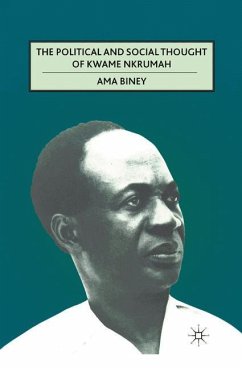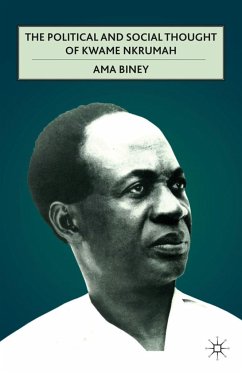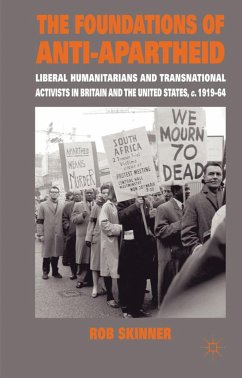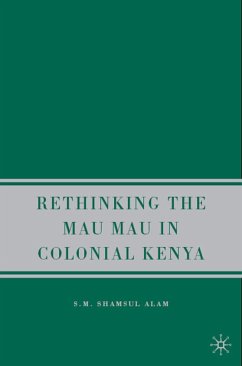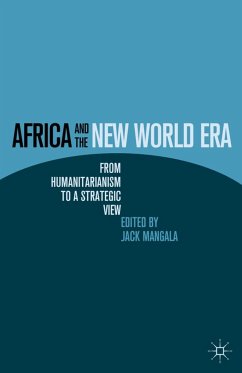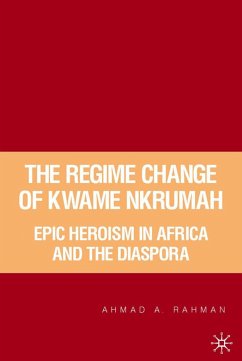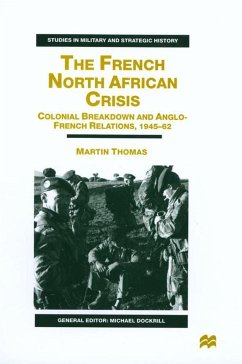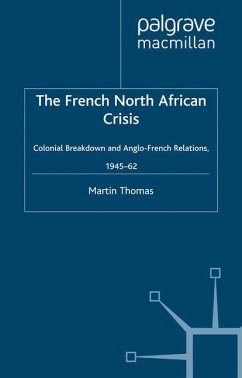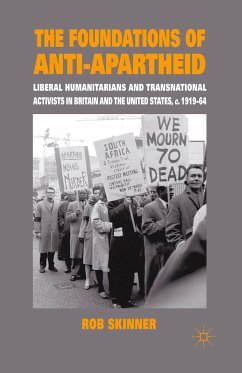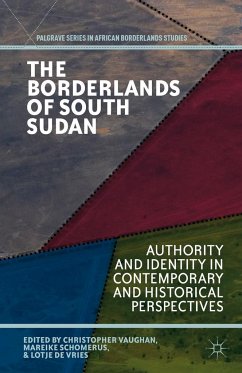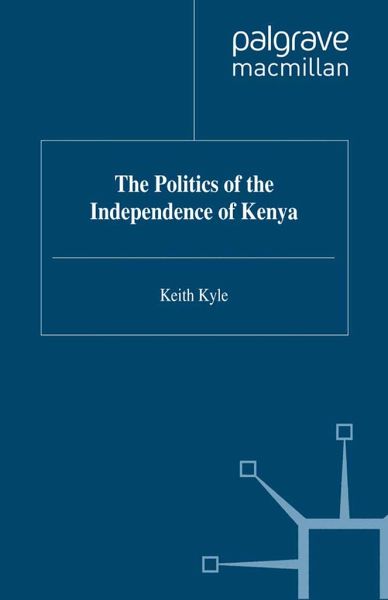
The Politics of the Independence of Kenya

PAYBACK Punkte
23 °P sammeln!
As with his critically acclaimed book on Suez, Keith Kyle revisits as a scholar ground that he first covered as a print and television journalist. After three introductory chapters covering the years 1895-1957, the core of the book examines in lively detail how Kenya moved from Mau Mau trauma to national freedom. The immediacy of the eye-witness, which older readers will remember from television reports, is now combined with the fruits of reflection and meticulous archival research to create a unique authoritative study of this vital period for Kenya, for Africa and for the British Empire.



